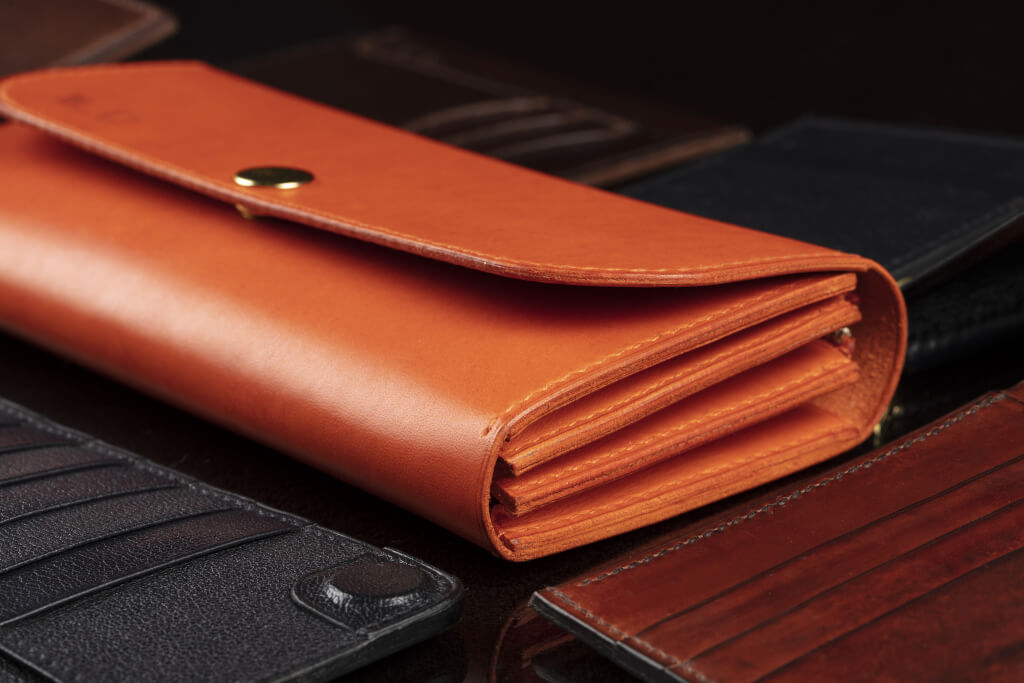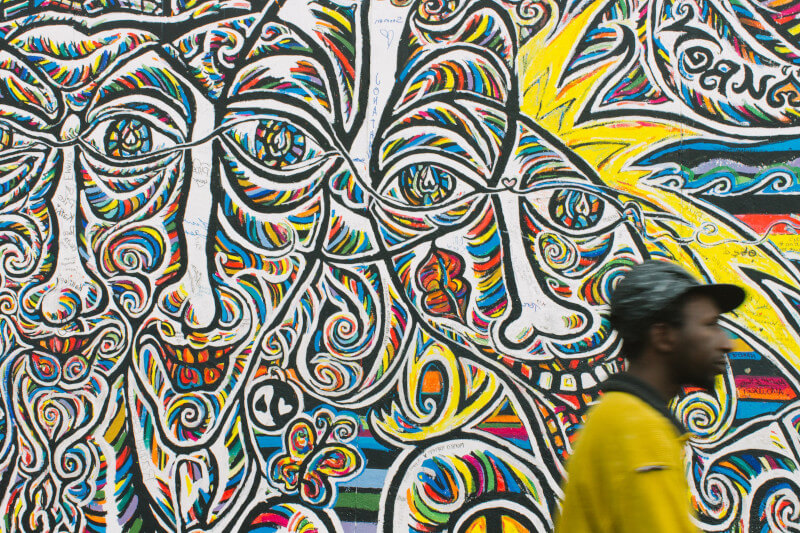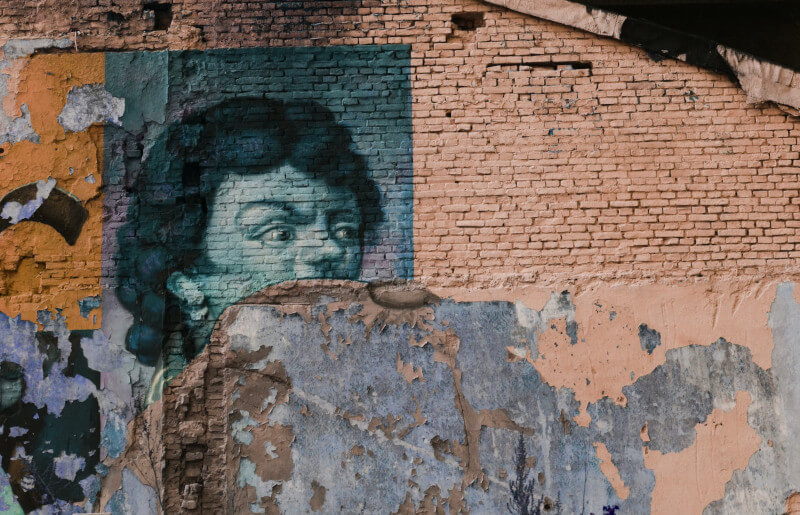South Africa’s leather goods industry stands as a testament to the country’s long tradition of craftsmanship. With a robust supply chain ranging from raw materials to finished products, this sector has positioned itself as a premium choice in the international market. As a solopreneur who thrives on the power of local craftsmanship, let me take you through the intriguing world of premium leather goods in South Africa.
South Africa’s unique biodiversity lends itself to a thriving livestock industry, providing an abundant supply of high-quality raw materials for the leather goods industry. Moreover, South Africa’s tradition of leather processing and manufacturing dates back centuries, resulting in craftsmanship deeply rooted in its culture.
One of the industry’s primary strengths lies in its ability to create a vast array of products. From high-fashion accessories like handbags and wallets to durable goods such as footwear and furniture, the South African leather goods industry caters to a diverse market. This diversity is a testament to the skill and adaptability of local artisans who can work with a wide range of leather types and create products that meet various consumer preferences.
A Key Feature of the Industry is Its Commitment to Sustainable Practices
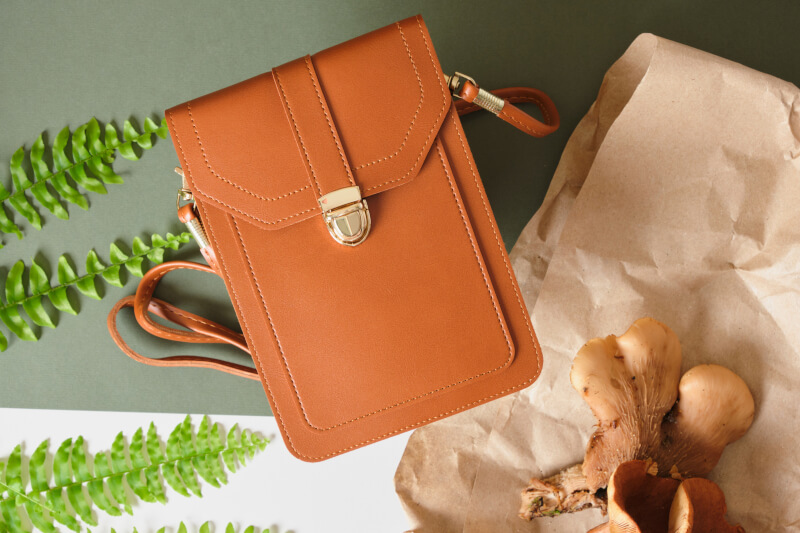
South Africa’s leather goods manufacturers have implemented measures to minimize environmental impact, including the efficient use of water and energy, recycling, and responsible waste management. This commitment to sustainability adds another layer of value to the premium leather goods crafted in South Africa. They’re championing innovative measures to reduce environmental impact while maintaining the high quality and beauty of their products. It’s heartening to see this shift towards a more sustainable approach to craftsmanship, a move that’s not only responsible but also adds value to the final product. Here are some notable South African companies that are leading the way in sustainable leather craftsmanship:
- Wolf & Maiden: This Cape Town-based company crafts bespoke leather goods, ensuring minimal waste by utilising nearly every piece of leather. They also commit to using vegetable-tanned leather, which is a more eco-friendly alternative to chrome-tanned leather.
- Quamta: Quamta, known for its premium leather accessories, integrates sustainability in its sourcing and production process. The company uses local, ethically sourced leathers and operates with minimal waste, using offcuts to create smaller goods.
- Missibaba: This company, renowned for its vibrant leather goods, has sustainability woven into its business model. They consciously source materials locally, support local artisans, and maximise the use of every hide to reduce waste.
- Rowdy Bags: This Cape Town-based company places a significant emphasis on sustainability by using locally sourced, high-quality raw materials. They commit to transparency about their production process and actively encourage repairs to increase the lifespan of their products.
- FSP Collection: This Johannesburg-based company is committed to sustainable practices by working with vegetable-tanned leather. They pride themselves on creating products that are designed to last, reducing the need for replacement and therefore minimising waste.
By choosing to support these companies, consumers contribute to a more sustainable leather industry in South Africa, helping to drive the demand for responsibly produced leather goods. And remember, every sustainable purchase contributes to the broader goal of preserving our planet for future generations. It’s a win-win situation – superior craftsmanship paired with conscious consumerism.
Different Aspects of South Africa’s Premium Leather Goods Craftsmanship
| Aspect | Detail |
| Raw Materials | South Africa’s diverse livestock industry provides an abundant supply of high-quality raw materials |
| Craftsmanship | Centuries-old tradition of leather processing and manufacturing |
| Product Diversity | Wide range of products, from fashion accessories to furniture |
| Sustainability | Strong commitment to minimizing environmental impact |
| Market Reach | Products cater to both local and international markets |
As we delve into the dynamic world of South Africa’s premium leather goods, one name frequently resonates – Bethany Baker. Her narrative offers an exceptional illustration of how innovative strategy and commitment to craftsmanship can lead to significant success. Bethany’s story fits seamlessly into the broader context of South Africa’s leather goods industry, shedding light on how individual commitment and business acumen can contribute to industry-wide growth.
Crafting a Millionaire’s Legacy in South Africa’s Leather Goods Industry
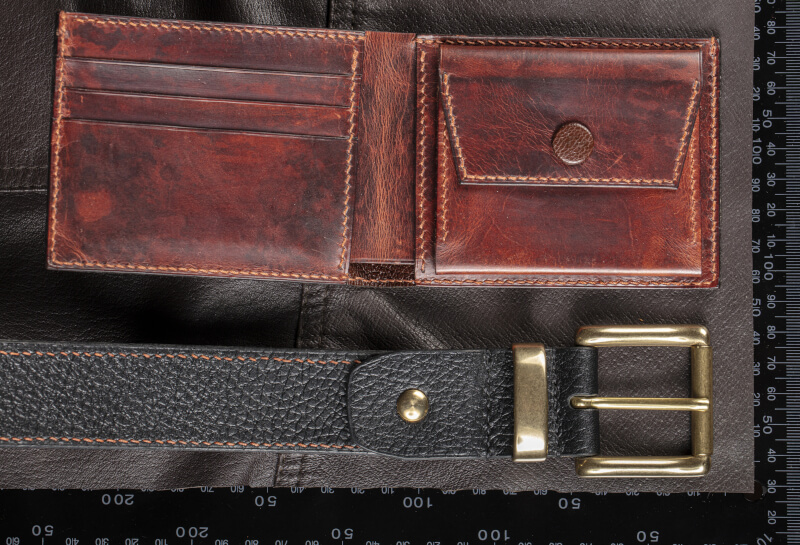
Bethany Baker, the brain behind the acclaimed ‘Leather Luxe’, is a shining example of the potency of ingenuity in the South African leather industry. A solopreneur with an unerring eye for detail, Bethany’s ascent to prosperity was anything but predictable.
Having a background in environmental science, Bethany held a deep respect for sustainable practices. Her fascination with premium leather goods began during a casual visit to a local market in Johannesburg, where she was captivated by the beauty of handmade leather products. She saw an opportunity to marry her passion for sustainability with the craft of leathermaking, a vision that gave birth to ‘Leather Luxe’.
Bethany started her venture in a modest workshop, using locally sourced leather. Every piece created was a labor of love, characterized by meticulous craftsmanship. She distinguished ‘Leather Luxe’ with its steadfast commitment to sustainability, ensuring minimal waste and implementing eco-friendly processes in every aspect of production.
Her ingenious strategy to blend premium craftsmanship with sustainability struck a chord with consumers, and ‘Leather Luxe’ quickly gained popularity. Bethany soon introduced innovative designs and diversified her product range, catering to a wide array of consumers. Her commitment to quality and sustainability, combined with savvy business strategies, paid off – ‘Leather Luxe’ blossomed, and Bethany Baker found herself a member of the coveted club of self-made millionaires.
Bethany Baker’s success with ‘Leather Luxe’ serves as a powerful reminder of the potential inherent in South Africa’s leather industry. By honoring the traditions of craftsmanship while embracing sustainable practices, entrepreneurs can create products of high value and appeal, carving out their success stories in the annals of this vibrant industry.
In a global market increasingly appreciative of artisanal quality and sustainability, South Africa’s premium leather goods industry holds a significant position. The country’s rich tradition of leather craftsmanship, combined with its commitment to sustainable practices, ensures its products continue to appeal to discerning consumers worldwide. It’s an industry built on skill, heritage, and adaptability, promising a bright future for South African solopreneurs looking to invest in premium craftsmanship.
About the author: Naledi Sithole is a talented writer and connoisseur of luxury craftsmanship, with a specific focus on premium leather goods. As a respected contributor to Africa Nova, Naledi shares her passion for quality and showcases the diverse talent within the industry.

